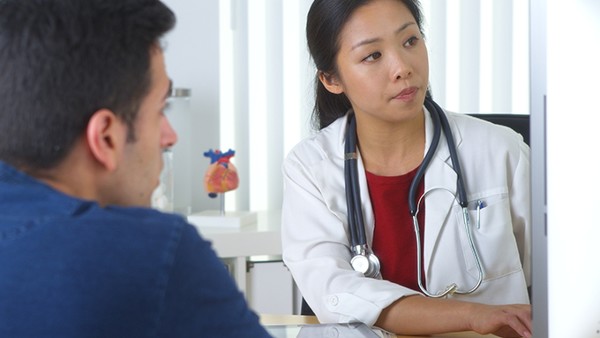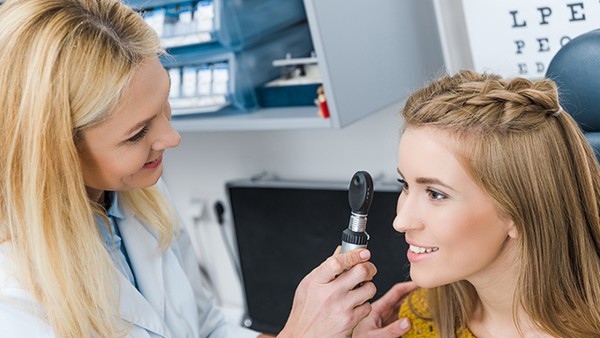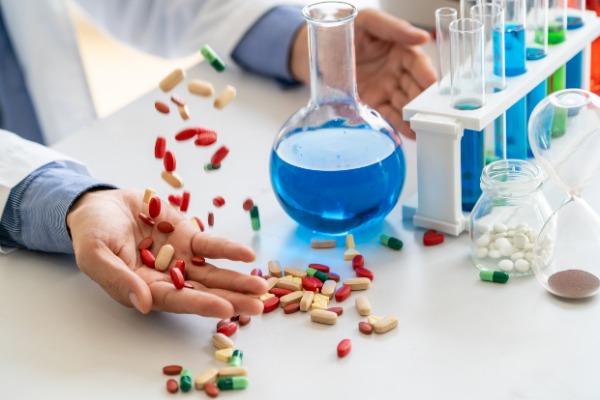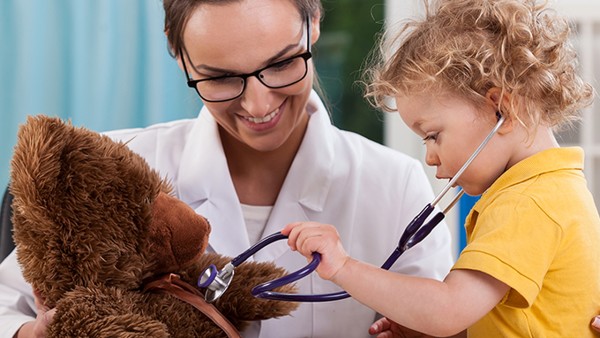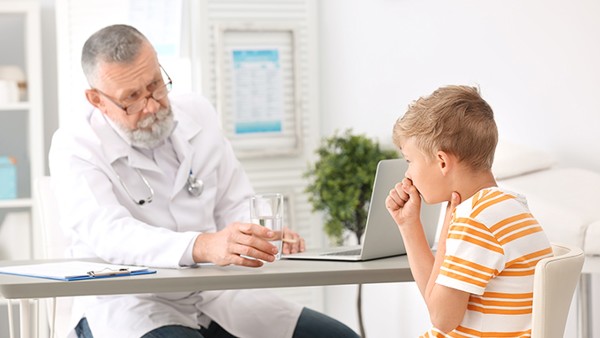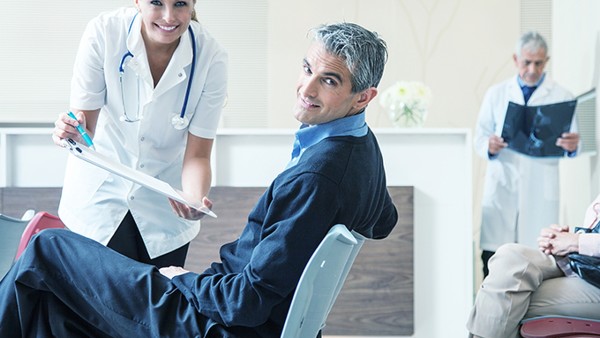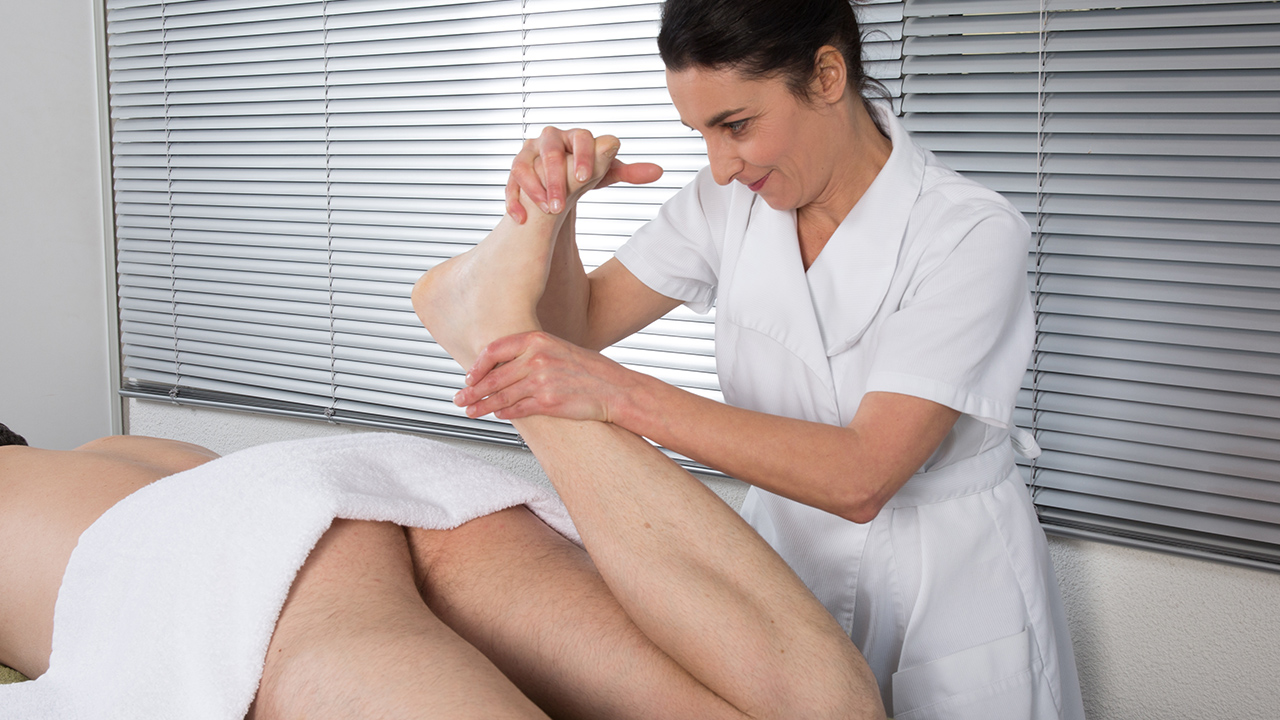Five Principles Should Be Paid Attention to When Using Medicine in Children

Introduction
With the rapid development of the pharmaceutical industry, more and more drugs have been developed and used in clinical practice, which has significantly improved the health of children. However, due to the special physiological and pathological characteristics of children, the use of drugs in children is different from that in ***s. If it is not used properly, it may cause serious adverse reactions and even endanger the life and health of children. Therefore, it is particularly important to pay attention to the principles of medication in children.
Five Principles
1. Choose the right drug: When choosing a drug for children, it is necessary to fully consider the age, weight, disease, organ function, and other factors of the child. For example, some drugs are not suitable for use in children under a certain age, and some drugs need to be adjusted according to the child's weight.
2. Control the dose: The dose of the drug should be strictly controlled according to the child's age, weight, and condition. Do not increase or decrease the dose without authorization. The dose of some drugs is very small, and a small error in the dose may cause serious consequences.
3. Pay attention to the route of administration: The route of administration of the drug should be selected according to the child's age, condition, and the nature of the drug. For example, oral administration is the most common route of administration for children, but for children who are unable to swallow or have nausea and vomiting, other routes of administration, such as intramuscular injection or intravenous injection, may be considered.
4. Monitor the drug's response: After the drug is used, it is necessary to closely monitor the child's response to the drug, including efficacy and adverse reactions. If the drug is not effective or adverse reactions occur, the drug should be adjusted or discontinued in time.
5. Educate parents: Parents are the main caregivers of children, so it is very important to educate parents about the principles of medication in children. Parents should know how to choose the right drug, control the dose, pay attention to the route of administration, monitor the drug's response, and handle adverse reactions.
Commonly Used Drugs in Children
The following are some commonly used drugs in children:
1. Antibiotics: Antibiotics are used to treat bacterial infections. Commonly used antibiotics in children include penicillin, cephalosporin, and macrolide.
2. Antipyretics: Antipyretics are used to reduce fever. Commonly used antipyretics in children include acetaminophen and ibuprofen.
3. Antidiarrheal drugs: Antidiarrheal drugs are used to treat diarrhea. Commonly used antidiarrheal drugs in children include loperamide and bismuth subsalicylate.
4. Cough and cold medicines: Cough and cold medicines are used to relieve cough and cold symptoms. Commonly used cough and cold medicines in children include dextromethorphan and guaifenesin.
5. Vitamins and minerals: Vitamins and minerals are essential for the growth and development of children. Commonly used vitamins and minerals in children include vitamin D, calcium, and iron.
Adverse Reactions of Drugs in Children
The use of drugs in children may cause adverse reactions, which are divided into the following categories:
1. Allergic reactions: Allergic reactions are caused by the immune system's reaction to a drug. Allergic reactions can range from mild symptoms, such as skin rash and itching, to severe symptoms, such as anaphylaxis.
2. Gastrointestinal reactions: Gastrointestinal reactions are the most common adverse reactions of drugs in children. Gastrointestinal reactions can include nausea, vomiting, diarrhea, and abdominal pain.
3. Central nervous system reactions: Central nervous system reactions can include drowsiness, dizziness, headache, and seizures.
4. Hepatic and renal reactions: Hepatic and renal reactions can include liver damage and kidney damage.
5. Other reactions: Other reactions can include blood disorders, skin reactions, and respiratory reactions.
Prevention and Treatment of Adverse Reactions of Drugs in Children
To prevent and treat adverse reactions of drugs in children, the following measures can be taken:
1. Choose the right drug: When choosing a drug for children, it is necessary to fully consider the age, weight, disease, organ function, and other factors of the child. Drugs that are likely to cause adverse reactions in children should be avoided.
2. Control the dose: The dose of the drug should be strictly controlled according to the child's age, weight, and condition. Do not increase or decrease the dose without authorization.
3. Pay attention to the route of administration: The route of administration of the drug should be selected according to the child's age, condition, and the nature of the drug. This can help to reduce the risk of adverse reactions.
4. Monitor the drug's response: After the drug is used, it is necessary to closely monitor the child's response to the drug, including efficacy and adverse reactions. If adverse reactions occur, the drug should be adjusted or discontinued in time.
5. Educate parents: Parents should be educated about the adverse reactions of drugs in children and how to prevent and treat them.
Conclusion
The use of drugs in children is a complex and responsible task. By following the principles of medication in children, choosing the right drug, controlling the dose, paying attention to the route of administration, monitoring the drug's response, and preventing and treating adverse reactions, we can ensure the safe and effective use of drugs in children.
The above is all the content that the editor wants to share with you. I sincerely hope that these contents can bring some help to your life and health, and I also wish that your life will be happier and happier.
Topic: #be #paid #attention